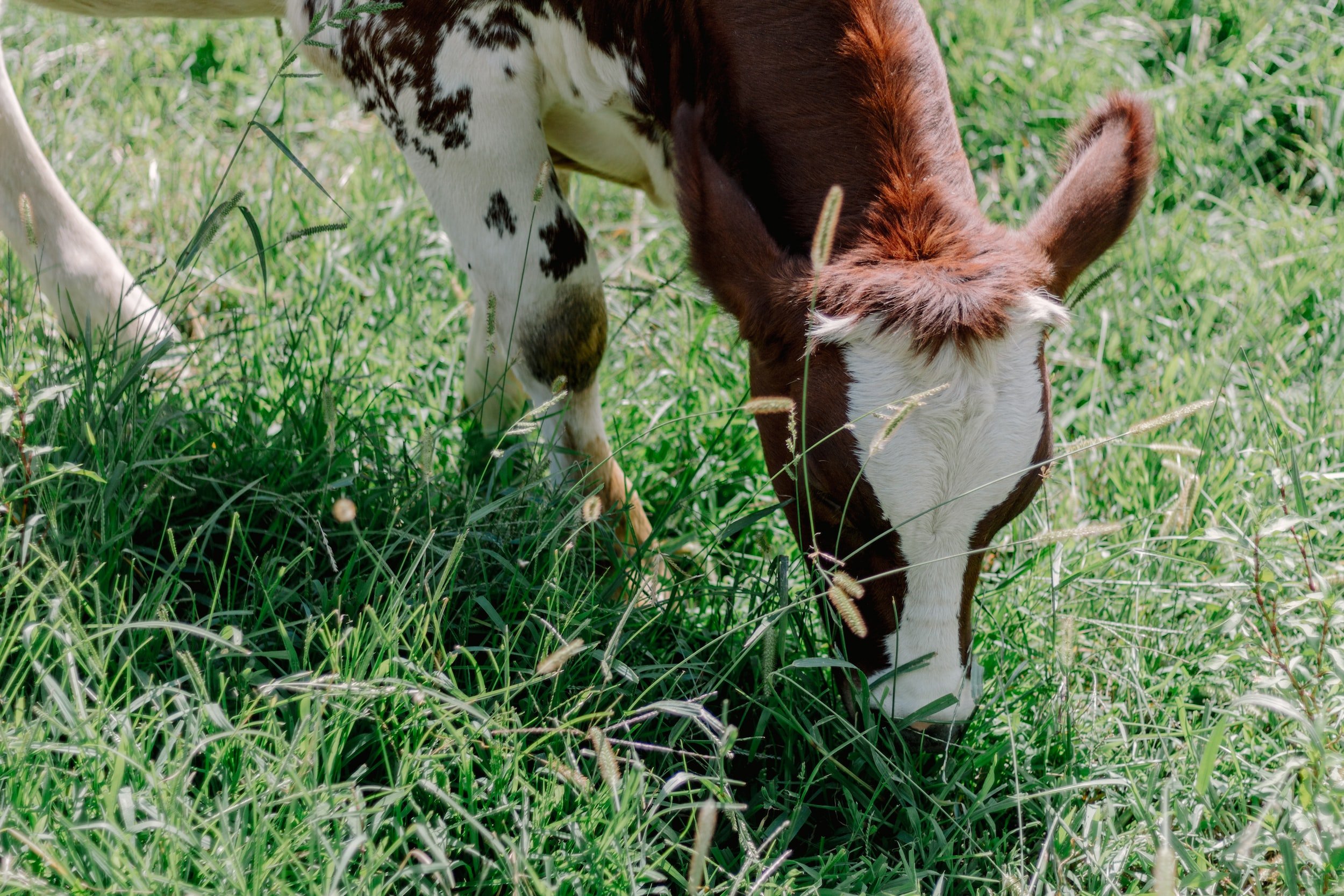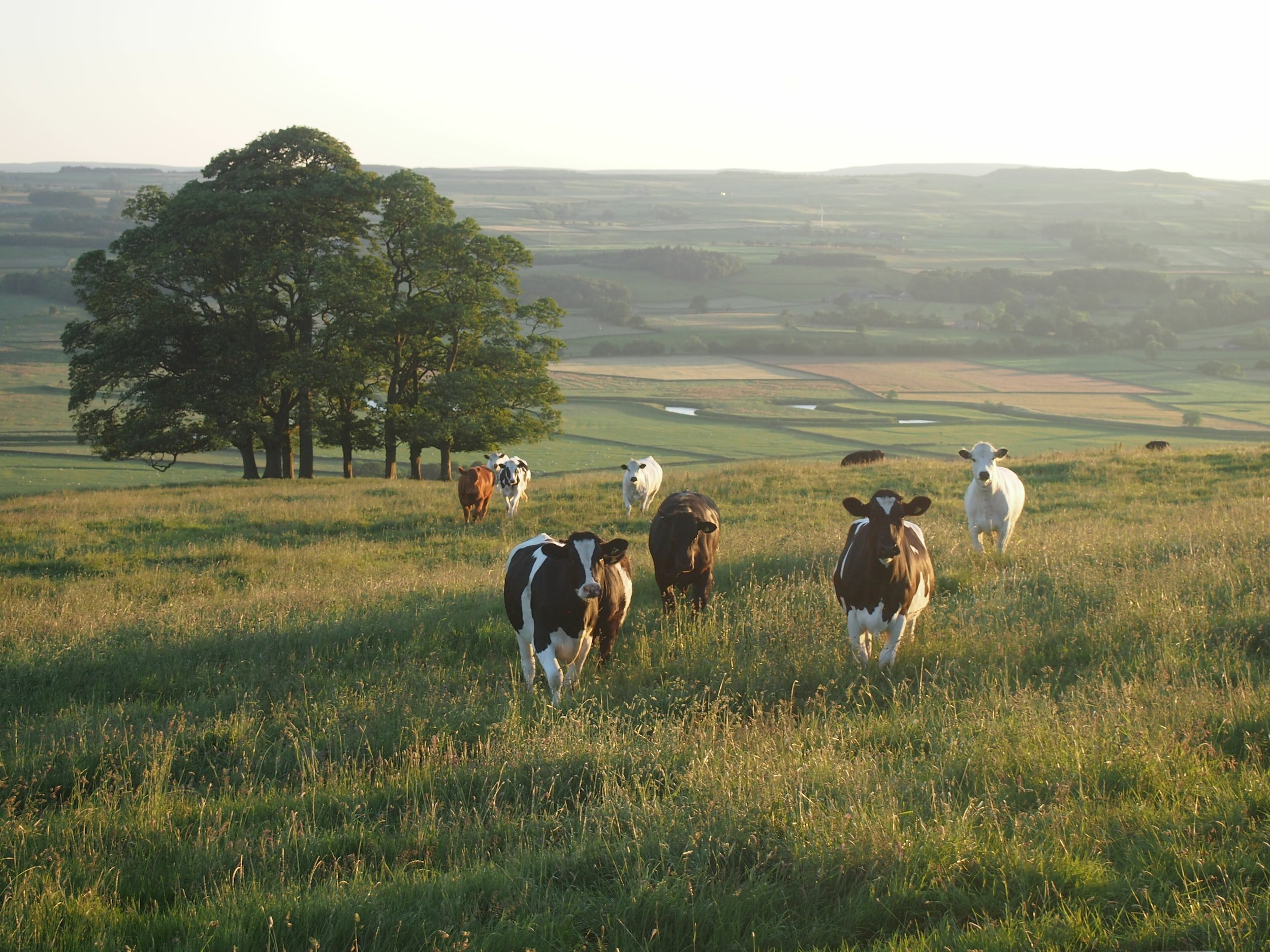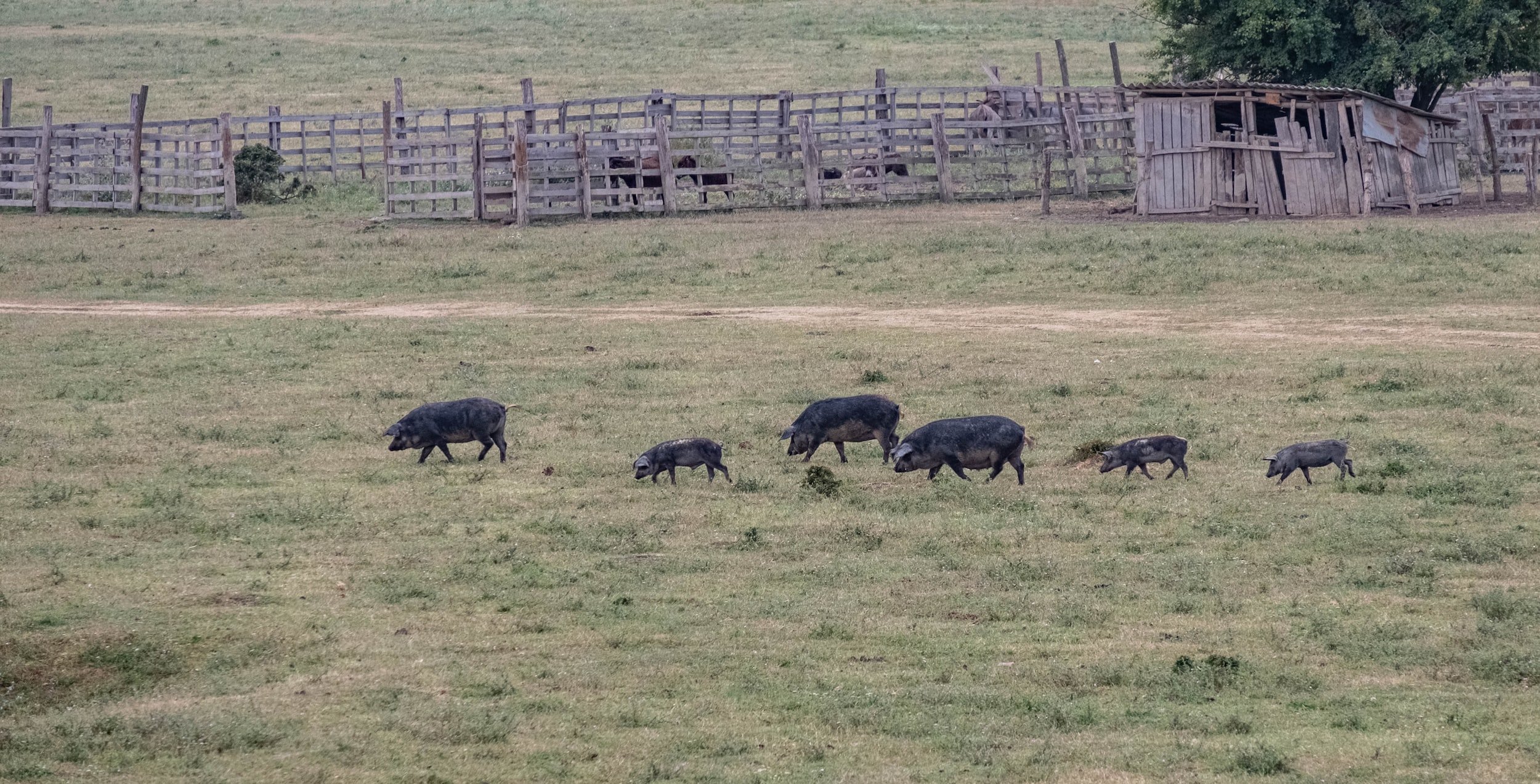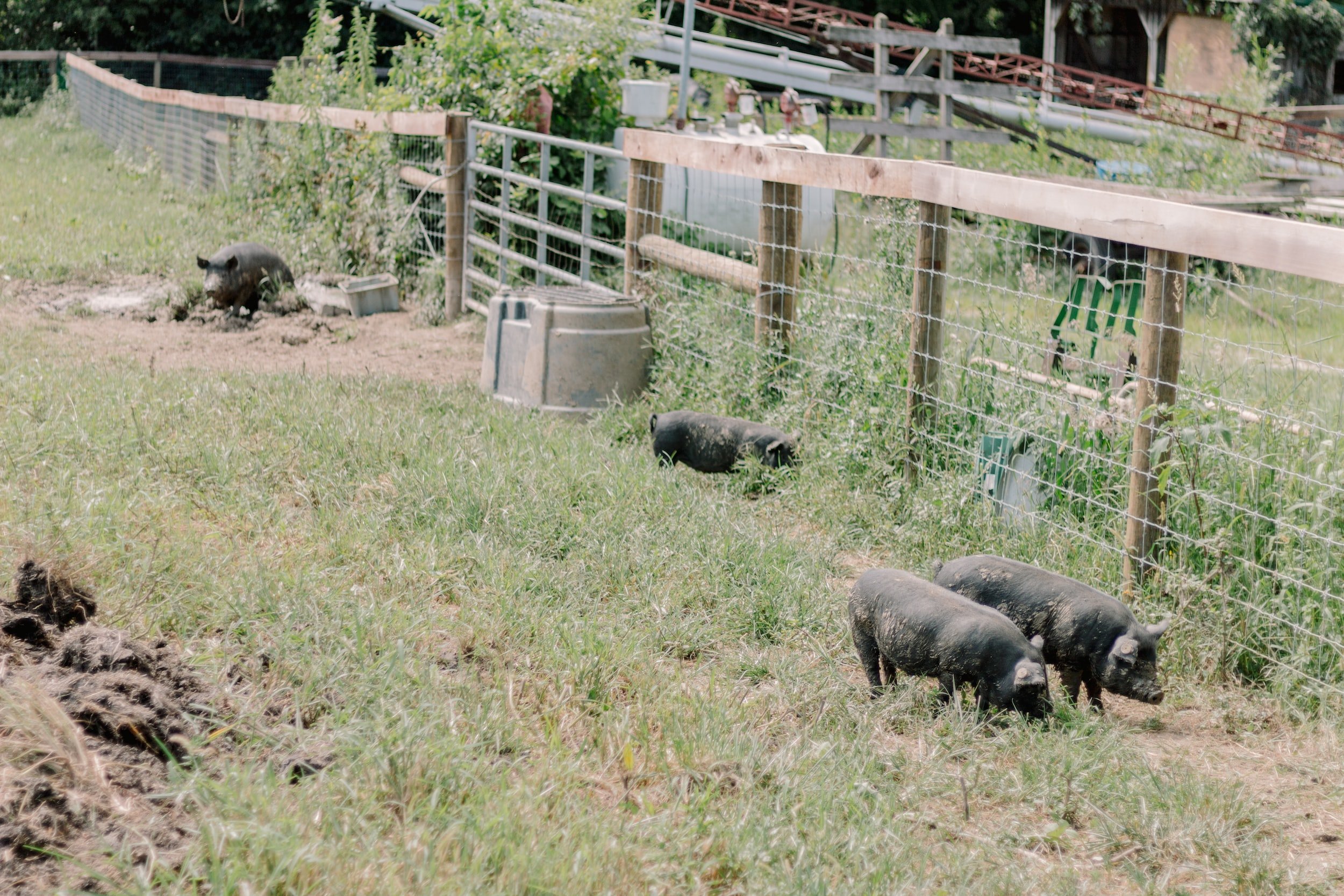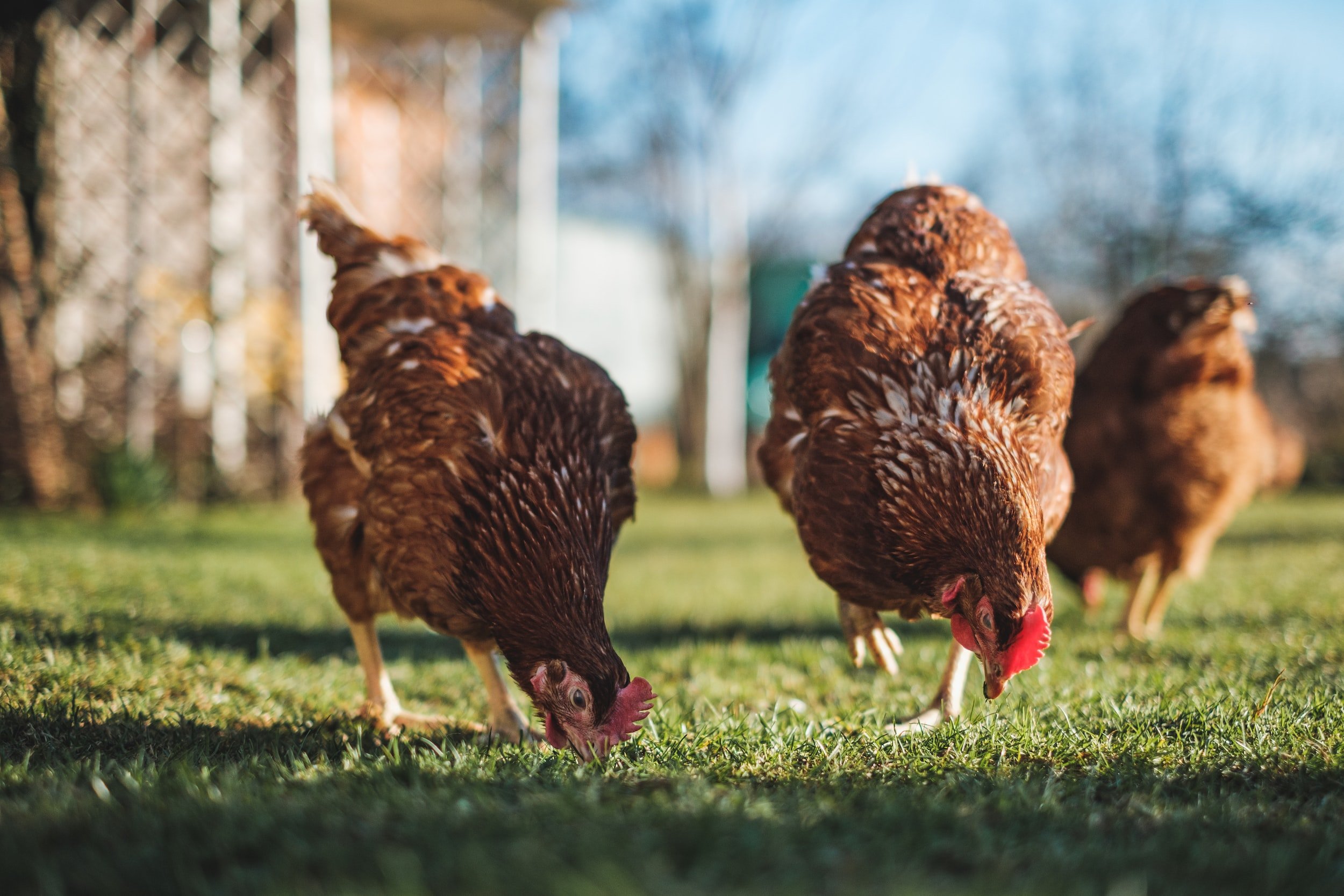Understanding Grass-Fed, Pasture-Raised, and Organic Meat
Many people are now turning to natural and organic foods as a way to take better care of their health. For those who want to go even further, terms like grass-fed, grass-finished, pasture-raised, and organic can be confusing. This blog post will explore what these labels mean and how they may benefit you.
Grass-Fed
Grass-fed refers to animals that are only allowed to consume grass and forage foods. Animals are typically raised on grass-filled pastures that ensure they get their necessary nutrition for healthy growth. Grass-fed livestock is usually free from chemical hormones, antibiotics, and other medications. As a result, the food these animals produce is healthier and richer in nutrients than those from animals raised on feedlots or conventional farms.
Grass-Finished
Grass-finished means the animal has been fed nothing but grasses during its life cycle. This ensures that the meat produced is entirely natural and free of any chemicals, antibiotics, or hormones. Grass-finished meats also tend to be higher in minerals and omega-3 fatty acids compared to conventional meats. Furthermore, grass-finished products may have a better flavour and texture due to their grassy diet.
If a label does not specify that the animal was grass-finished, the animal was likely grain-finished before slaughter to make the meat more fatty and tender. As a result, these meats are typically lower in nutrients and higher in fat, making them less healthy than grass-finished products.
Organic
Organic meat is produced without the use of synthetic fertilizers, pesticides, or non-organic ingredients. The animals are also raised without antibiotics or growth hormones and must be given access to the outdoors. The animals are usually fed organic grains and forage foods free from harsh chemicals or additives. As a result, organic meat contains fewer toxins and is generally healthier than conventional meats.
Grass-fed vs Organic vs Conventional
Grass-fed meat and grass-finished meat is considered one of the healthiest options when it comes to meat. It contains higher levels of beneficial fatty acids such as Omega 3s and many minerals like magnesium, iron, selenium, phosphorus, and zinc, which are essential for a healthy body.
On the other hand, organic meat is produced without the use of synthetic fertilizers, pesticides, or non-organic ingredients and is a healthier choice than conventional meats.
Lastly, conventional meats are usually grain-fed animals that receive growth hormones and antibiotics to increase their weight quickly. These meats contain lower levels of nutrients and higher levels of fat compared to grass-fed and organic meats.
Beef, Bison, and Lamb
When purchasing beef and bison, look for labels that specify grass-fed and/or grass-finished. Beef and bison that are grass-fed and/or grass-finished have not been given any grain or corn throughout their lifetime, making them a much healthier option than conventional grain-fed beef or bison.
Pork
When purchasing pork, look for labels that specify "pasture-raised" and "100% organic". Pasture-raised pork is raised on open pasture land rather than in a confined feedlot system. Organic pork is fed with organic grains and without the use of antibiotics or hormones. In either case, pasture-raised or organic pork is healthier than conventional factory-farmed meat due to the absence of added chemicals, antibiotics, and hormones which can have adverse effects on human health.
Uncured Pork
Uncured pork refers to pork products that are not treated with synthetic nitrites or nitrates to preserve colour and flavour. Nitrites and nitrates are commonly used in cured meats, such as bacon and ham, to give them their characteristic pink colour and flavour. While these additives can help prevent harmful bacteria growth, they are also linked to certain health risks, such as an increased risk of cancer.
Uncured pork products are made without the use of synthetic nitrites or nitrates and may use natural sources of these compounds, such as celery juice or sea salt, as a preservative instead. These products may have a shorter shelf life compared to cured meats, but they can be a healthier choice because they are free of synthetic additives.
It's important to note that "uncured" does not necessarily mean that the meat is not preserved. It just means that the meat is not preserved with synthetic nitrites or nitrates. The meat may still be treated with other types of preservatives, such as salt or vinegar, to help extend its shelf life. Be sure to read the label carefully to understand what is in the product and how it has been treated.
What are nitrates and nitrites?
Nitrites and nitrates are commonly used in cured meats, such as bacon, ham, and hot dogs, to give them their characteristic pink colour and flavour. These additives can also help to prevent the growth of harmful bacteria, such as Clostridium botulinum, which can cause botulism.
However, nitrites and nitrates are also linked to certain health risks. Some research has suggested that the consumption of nitrite-cured meats may be associated with an increased risk of certain types of cancer, such as colorectal cancer. Nitrites and nitrates can react with proteins in the body to form nitrosamines, which are carcinogenic compounds.
Additionally, the use of synthetic nitrites and nitrates in cured meats has been linked to the formation of certain chemical byproducts, such as polycyclic aromatic hydrocarbons (PAHs) and heterocyclic amines (HCAs), which may also be carcinogenic. These byproducts can form when cured meats are cooked at high temperatures, such as when grilling or frying.
Chicken and Turkey
If you are looking for the healthiest chicken or turkey, look for labels that specify pasture-raised. Pasture-raised chickens and turkeys are allowed to roam freely outdoors in pastures, allowing them to obtain natural nutrients from foraging for insects and plants. This contributes to a much healthier product as they have access to a diverse diet of greens, bugs, and seeds.
Furthermore, pasture-raised chickens and turkeys contain higher levels of beneficial fatty acids like omega 3s as well as minerals such as zinc, selenium, magnesium, phosphorus, and iron; this makes them a much healthier option than factory-raised meat.
It's important to consider animal product quality when deciding what to buy. Knowing key terms like "grass-fed," "grass-finished," "pasture-raised," and "organic" can help you choose the best products to buy. If you choose animal products that are made to high standards, you can help the animals, the environment, and your health.
